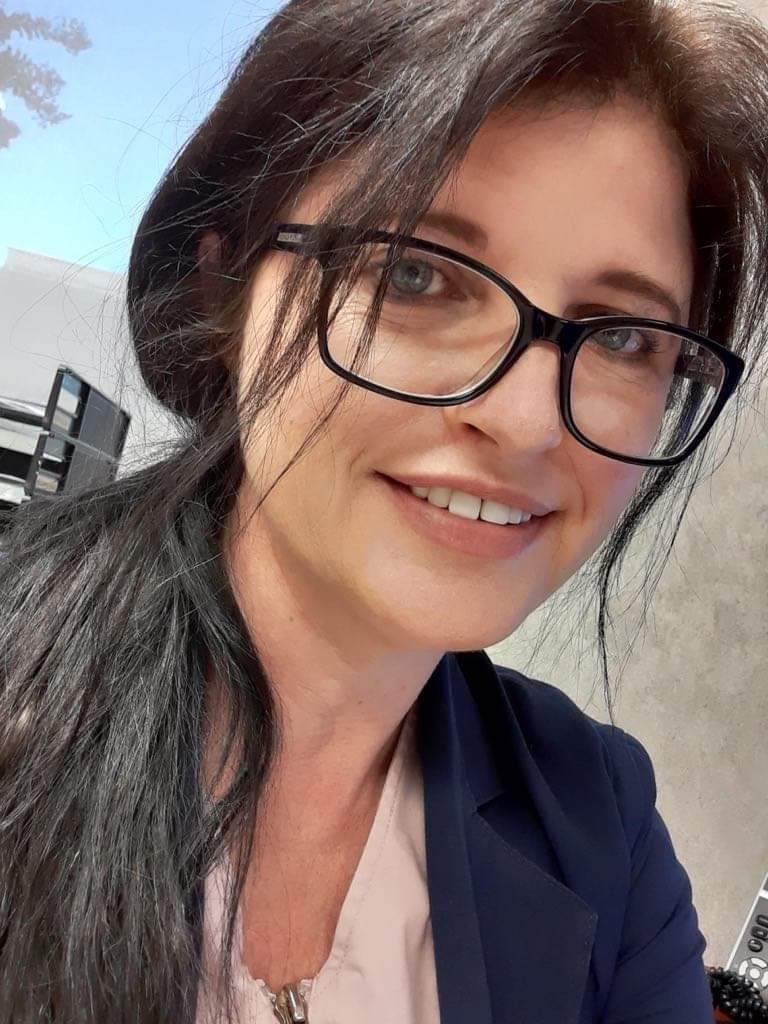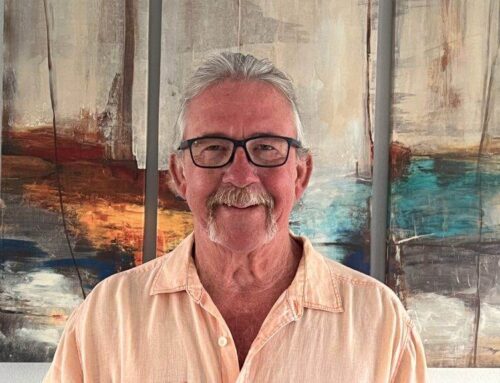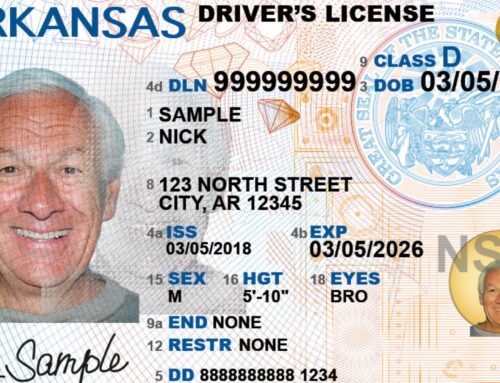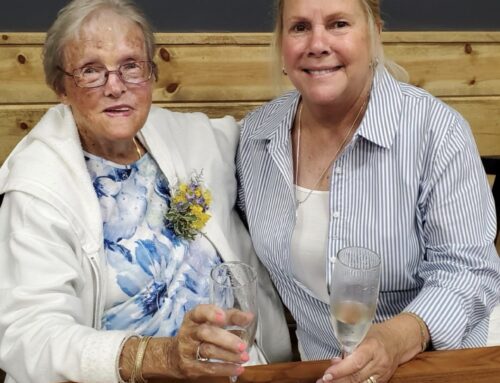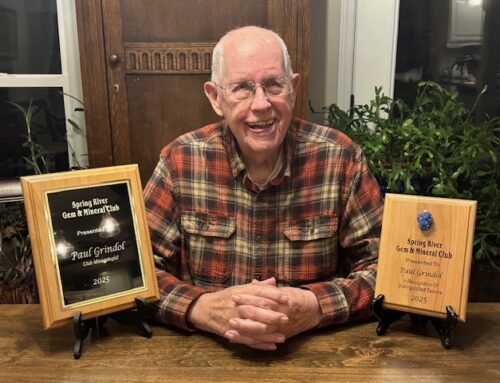We find ourselves dealing with a rising wave of respiratory syncytial virus (RSV) cases and some changes in how we’re keeping our little ones safe.
Back in August, a panel suggested giving our precious littles the Beyfortus vaccine to keep RSV at bay. All infants under 8 months entering their first RSV season were recommended, and even our older tots, aged 8 to 19 months, at a bit higher risk, could get the shot if they were into their second season.
Now, the Centers for Disease Control and Prevention (CDC) is advising us to prioritize the littlest ones, especially those under 6 months, and the ones with some health concerns. And can you believe it, there’s a shortage of Beyfortus! Sanofi, one of the makers, blames it on “unprecedented demand” and is working double-time with AstraZeneca to whip up more supply.
We’re seeing more RSV cases popping up nationwide, especially down here in Arkansas where the CDC has given us a little heads-up. It’s a concern, considering around 58,000 little ones under 5 end up in hospitals for RSV every year.
Before the shortage news hit, health folks were saying we could give our babies a shot of Beyfortus before the RSV season kicked in. It’s a good ol’ preventive measure, especially after seeing how it worked in clinical trials. Beyfortus is something special, y’all—it’s the first of its kind available to everyone, not just a select few. There’s another option called palivizumab, but that one’s more for our tiny tots born really early.
Now, with the respiratory season just getting started, there’s already more folks wanting the Beyfortus shot than there are shots to go around. It’s like déjà vu from the COVID vaccine days.
The CDC, is saying we should be a bit more careful with who gets the full dose, especially the itty-bitties and those with some health hiccups. They’re suggesting pregnant mamas 32-36 weeks get a different shot, Abrysvo, a Pfizer one, to help protect their newborns with maternal antibodies for up to 6 months.
Although RSV usually results in fewer hospitalizations for adults than flu or COVID, it does have more serious outcomes such as the need for intensive care and supportive ventilation. Our more wizened folks age 60 and older are recommended to get one solitary dose of the RSV vaccine.
As health folks grapple with the vaccine shortage and a sudden uptick in RSV cases, tweakin’ recommendations takes center stage. The ever-shifting scenario highlights the call for a downright thorough strategy to make sure that resources are divvied up fair and square, and keep our at-risk folks safe. As with all decisions regardin’ your health. It is imperative that you seek out and heed the advice of your healthcare provider.

